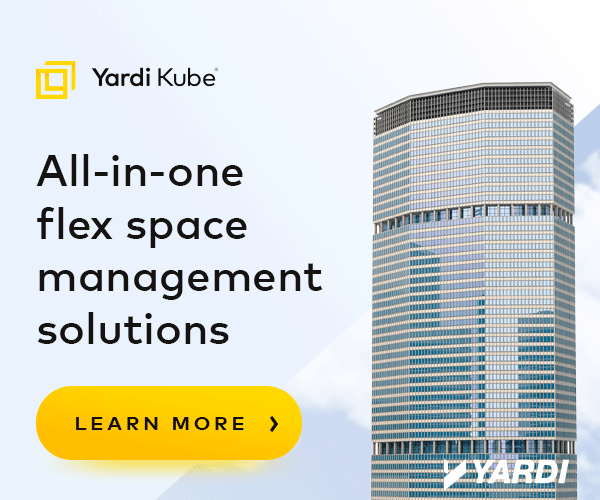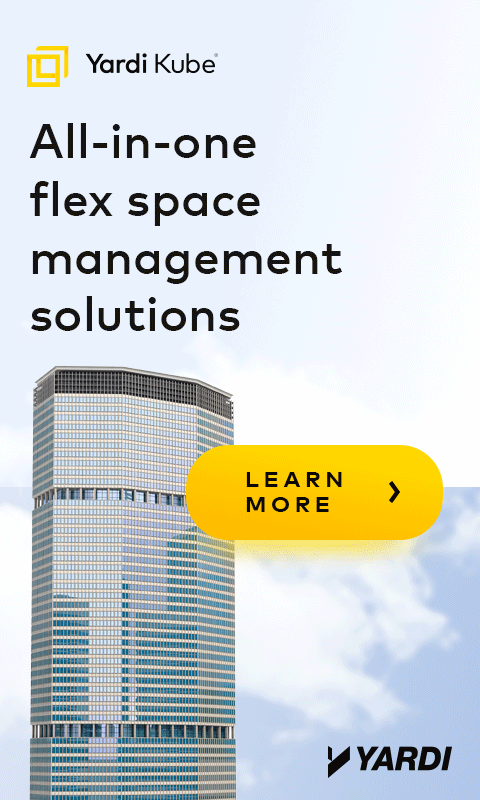Tim Rodber: From Soldier to Rugby Star to Captain of The Instant Group
FEATURES / 13 NOVEMBER 2024

Tim Rodber has remarkably flexed his way from the British Army to the rugby field, to the boardroom as CEO of The Instant Group. Tim joins FATC for a FATChat, where we dive deep into Instant’s impact and presence in the $2 trillion flex market, the evolution of the sector and he gives us the scoop on Instant’s managed office offering and the inception of Worka.
Before we talk about Instant, your background is incredibly unique: How was it being a captain in the British Army?
Yes, that was a long time ago now. Back when I was at school, I just wanted to be a soldier. I had a scholarship through school and university, then went to Sandhurst at 22. I left the army in 2001, but it was a good start to my career. I had a good time and really enjoyed it.
Congratulations on a fantastic rugby career, what was your highlight?
Well, when I was in the army, I played as an amateur, as everybody did, and then in 1995 I went professional and I was lucky enough to play for England. So I played professional rugby for six years, and it's great when you can do a hobby and get paid for it. We won the World Cup Sevens in 1993 which was great. We won the European Cup in 2000, and the Lions Tour in 97 so, yes, we had loads of grand slams. It was good fun.
Would you say that your previous occupations have helped shape your success at The Instant Group?
I definitely believe I’ve learned the power of team over the years—the ability to galvanize people, provide them with a clear path, and make them feel excited about that journey. And I think you get a lot of that from sport and the military. I'm in a very diverse business today—we have a hugely diverse workforce all over the world, and that's much more interesting and exciting than rugby, which can be quite male-dominated. So, yes, you learn the basics along the journey, and hopefully, they've helped me here at Instant.

What inspired you to join The Instant Group?
I had a previous business, which I had sold in the private equity world, and Instant was owned by a private equity business. So, I came in at the very beginning—we had 30 people in Paddington, and it was a business that had been successful and needed to grow. So, I came in to do that. I think the part that excited me, and still does, is that it was full of young people really trying to change the commercial property industry. That was really exciting—you had a huge, slow-moving, very traditional industry, and here was a digital business and a managed office business beginning to tackle that challenge. So, we’ve spent the last 11 years, since I've been here, growing the business and trying to change the office market.
Instant have been on a very impressive acquisition programme over the last few years. Other than world domination, what is your long-term goal?
We're trying to build a global marketplace, and that's a hard thing to do. That means globalizing our business. It means adding more demand into the funnel, so lots of websites that capture customers. It means adding more supply and adding services for both the clients who buy and the providers who supply. That's what we're working towards, and I think we've had quite a bit of success. We are now at 700 people in our business around the world, and we are growing, which is good, but we're still relatively small in a massive industry. This is a $9 trillion industry. We're in the office market, and we think the flex part of it is about $2 trillion, so we're still a small part. And I think the challenge for all of us in this industry is to really go and tackle this in a bigger way.
Let's touch on Instant Managed Offices. How have you have been promoting it to the flex agent market?
The managed office is really the evolution of flex space over the years, from shared flex spaces where someone could rent a desk or private office for a day, to a private office for six months. But, at some point in that customer's growth, they get to a stage where they're too big for the flex market. It could be because of longevity, or because of size, like needing 150 or 200 desks. That's where managed offices comes in.
A managed office is essentially a productized lease, providing all necessary services within a single, comprehensive rental agreement. So, we see our managed office business as complementary to the flex office market, and we see it as a way of attacking traditional leasing. And long may that continue.
We’ve grown this business all over the world, aiming to give clients a choice, whether it’s a WeWork, Fora, or a bigger setup for 200 desks in a productised, leased office. We don’t position our managed office offering against any other model; we simply believe that sometimes, it’s the right choice for the client. So, while we don't actively promote our managed office offering per se, it’s a well known product in the market that clients like to buy.
How have Instant found the US market? Do you feel that it will begin to embrace the managed office offering?
When I first began, if you looked at deal sizes in the UK versus the US, deal sizes in the UK were always twice the size of those in the US. This was because flex in the UK was more mainstream, while in the US, flex was more of an add-on—a kind of 'poor man's' version of office space. Over the last 10 years, especially post-COVID, the US market has definitely shifted and is now embracing flex in a big way. We’re seeing more landlords in the US creating pre-fitted suites and their own versions of managed offices. Operators in the States are expanding rapidly, and deal sizes are starting to even out.
The US market is huge, equivalent to 10 London’s, and very diverse, and what we’re seeing—and continue to see—is that the flex market in the States is absolutely flying. Again, this is good for the industry and beneficial for clients. At the end of the day, if you're working in the flex market in the UK, you get a lot more US companies coming to use you, and I think that is primarily because we have great product here, but also shows that the US market is starting to accept flex as part of its core business strategy.

There are new flex agents entering the market on a regular basis. Who do you see as your main competition?
I think there are lots of small businesses emerging everywhere, and I think that's good for the industry. Although I think that we've got to be a bit careful that we maintain quality within the sector. But in general, it's good. If I’m honest, our competition is actually the industry itself. And what I mean by that is traditional office procurement, the industry surrounding it, and even the in-house teams who are our clients—they can be very traditional in their thinking. So that is our competition. We’re focused on tackling the bigger challenge of being the very best we can be every day, and also on helping those clients evolve their thinking and really start to adopt flex as part of their core strategy. So yes, there are lots of competitors in the broker world and various other parts, but we worry more about ourselves.
How would you say your vision for the company has evolved since becoming CEO?
How long have you got? I think I would say that every three to four years, I look at the business and at myself critically and ask, "Are we fit for purpose for the next three to four years?" There's always an inflection point. One of the challenges—and again, this is something I've learned from sport—is that you can win the championship, but if you don't evolve the team, someone else will eventually come along and beat you.
I think one of our challenges as a company is to maintain our evolution, and sometimes that’s really tough. You have to make hard decisions about propositions that don't work and markets that don’t perform. So what I would say is that the key lesson here is a kind of restlessness as a leader—to continue a drive to keep striving, a willingness to tackle difficult issues, and evolve the teams all the time. And I think if you have that and never rest on your laurels, then you probably have the start of a formula for success.

Since being acquired by IWG, how do the businesses interact and function day to day?
IWG is an investor and bought 85% of our business. I don't really interact with them on an investor basis, other than once a month at a board meeting! IWG are a supplier, day to day, just like any of the other flex operators are. I think the biggest thing that the market was concerned over when we took this investment was our independence. And I'm hoping that over the last two years, everyone in the market has realised that we maintain our independence. And I think that starts with me and my team. We don't have any hang-ups about that, and I think the market's comfortable with where we are.
Finally, could you talk to us about Worka?
Yes, we are looking to rebrand this year, and this is the most important thing we are focusing on at the moment. We have built a marketplace product, a tech product – Worka, which is really exciting. There’s lots of analogies, but ultimately, we want it to be equivalent to a Booking.com or Airbnb. It's that sort of functionality and product.
To stay up to date on Instant's activity and to get more in-depth interviews delivered to your inbox, be sure to subscribe.










